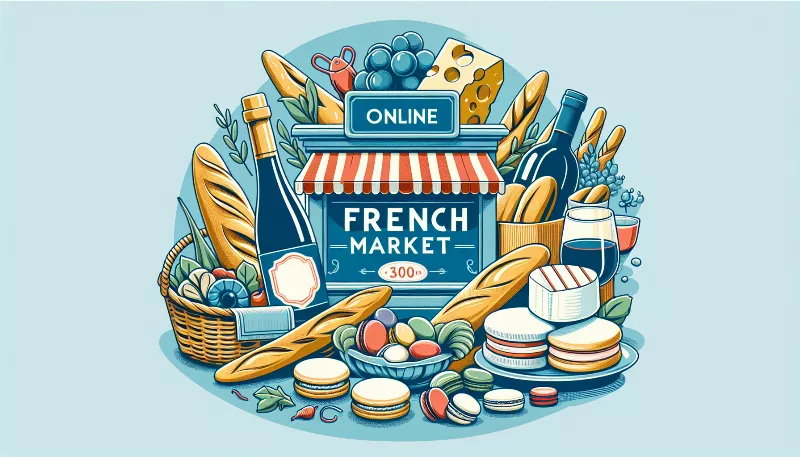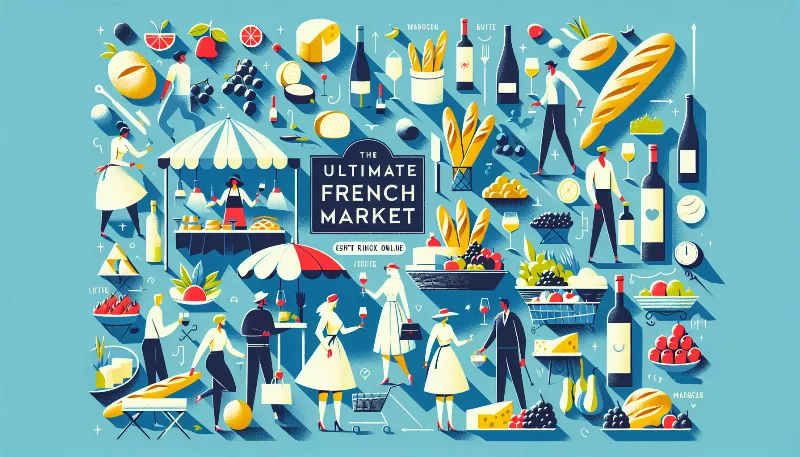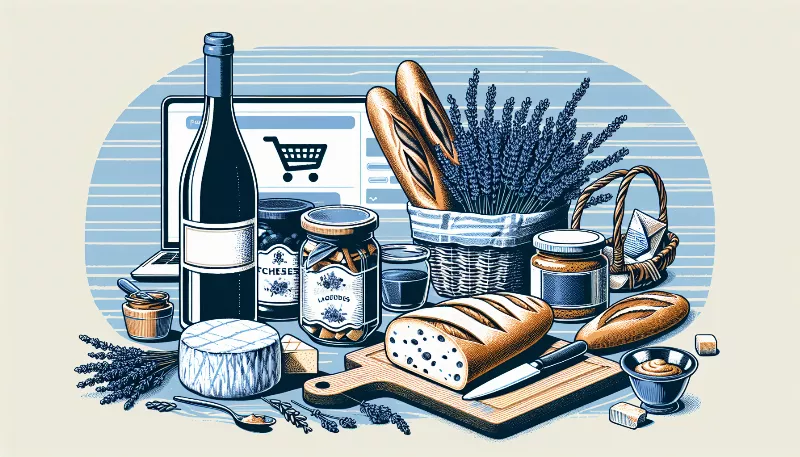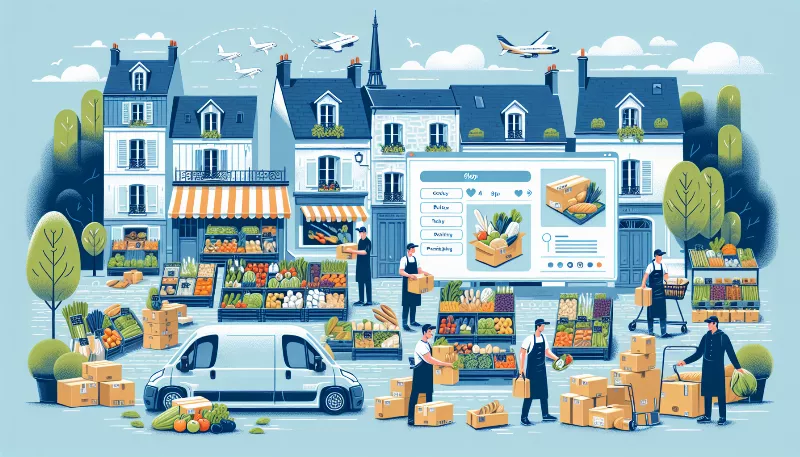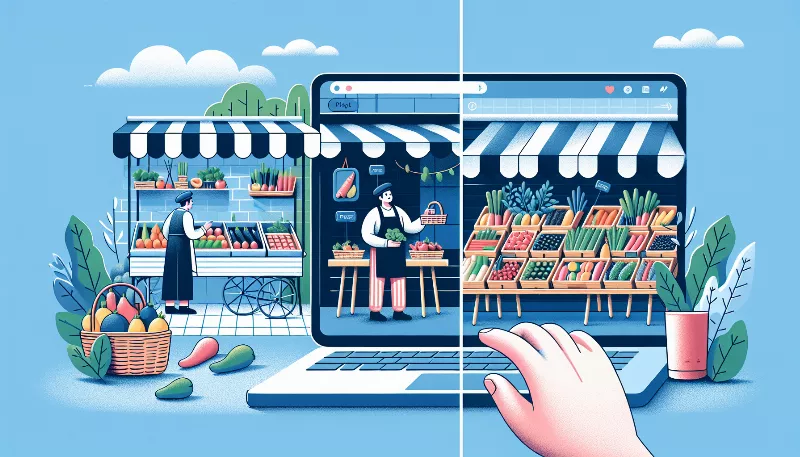What impact do authentic French products have on France's economy and cultural identity?
Explore how genuine French goods shape the nation's wealth & cultural essence. Dive into the economic and identity ripple effects of France's finest.

The Economic Powerhouse of Authentic French Products
When one thinks of France, images of fine wine, gourmet cheese, and haute couture effortlessly come to mind. These authentic French products are not just symbols of cultural pride; they are also significant economic drivers. The 'Made in France' label carries with it a reputation for quality and luxury that is recognized worldwide. This reputation bolsters the country's economy through various sectors, including agriculture, fashion, and cosmetics.
France's agricultural sector, famed for its wine and cheese, benefits immensely from the global demand for its products. The wine industry alone contributes billions of euros to the national economy and employs a substantial number of people. Similarly, French cheese, with its protected designations of origin, ensures that traditional methods and regional specialties continue to thrive, supporting rural economies and preserving artisanal skills.
The fashion industry, led by iconic brands such as Chanel, Louis Vuitton, and Dior, is another cornerstone of the French economy. Paris Fashion Week not only sets global trends but also attracts a host of international visitors, generating significant revenue. Moreover, the luxury goods sector is a major exporter, reinforcing France's trade balance and showcasing French craftsmanship on the global stage.
Cultural Identity: The Soul of France Embodied in Its Products
Authentic French products do more than just contribute to the economy; they are the very essence of France's cultural identity. Each product tells a story of the region it comes from, the history behind it, and the people who have perfected their craft over generations. For instance, Champagne can only be called so if it comes from the Champagne region, adhering to strict production standards. This not only preserves the uniqueness of the product but also the cultural heritage of the area.
French cuisine, recognized by UNESCO as a 'world intangible heritage,' is a testament to the importance of culinary tradition in French culture. The meticulous preparation of dishes, the emphasis on fresh ingredients, and the celebration of communal meals are integral to the French way of life. Authentic French products used in this cuisine further reinforce the connection between the land, its produce, and the cultural practices of its people.
In the arts, French literature, cinema, and music often pay homage to the products that have shaped the nation's identity. From the pastoral settings in the novels of Marcel Pagnol to the evocative scenes of Parisian cafés in French New Wave cinema, these products are woven into the fabric of French culture, influencing and inspiring artists across generations.
Conclusion: A Symbiotic Relationship
In conclusion, authentic French products are much more than commodities; they are the lifeblood of France's economy and the embodiment of its cultural identity. They foster economic growth, create jobs, and promote French expertise and innovation. Culturally, they are the touchstones of French heritage, shaping the nation's narrative and maintaining its place on the world stage. As France continues to navigate the challenges of globalization, the importance of preserving and promoting its authentic products remains as vital as ever, ensuring that the heart of France beats strong for generations to come.



